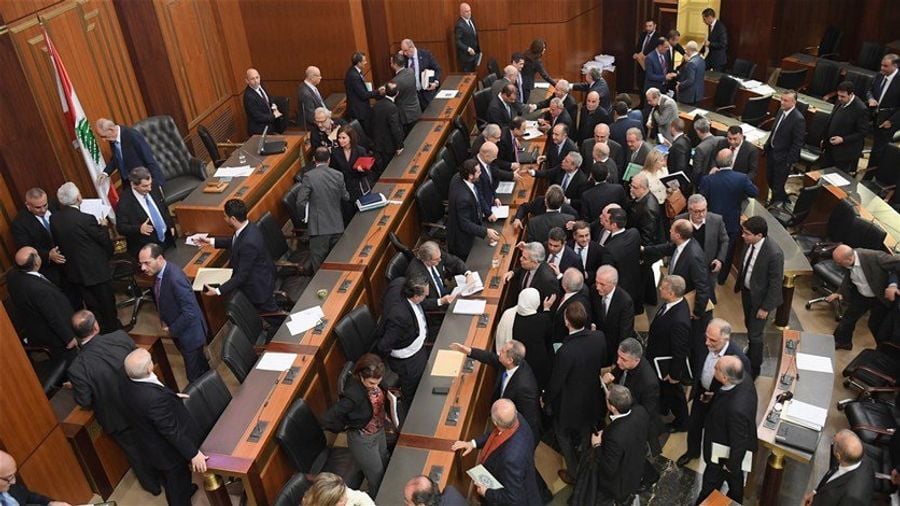The Lebanese Parliament approved Tuesday’s long-awaited amendments to the banking secrecy law, a critical step in the reform framework demanded by the International Monetary Fund (IMF).
However, the Parliament softened the amendments to the original formula proposed by the ministerial committee tasked with negotiating with the International Monetary Fund. This calls into question the Fund’s acceptance of such amendments after it had endorsed the original formula.
Lebanon signed a staff-level agreement with the International Monetary Fund in April, allowing it to obtain a $3 billion financing program to be repaid over four years. Before proceeding to the next step, the final agreement will be subject to the reforms that the fund requires to be implemented.
The formula approved today does not abolish banking secrecy in Lebanon, but it does allow certain government bodies to raise it specifically in criminal investigation cases, such as illicit enrichment, money laundering, and terrorist financing.
The original bill would have lifted bank secrecy for investigations into “all financial crimes,” but the Parliament voted to remove that phrase, limiting the law’s scope, which raises the question of whether the fund would accept the current format.
The consultant of the country’s financial recovery roadmap, Deputy Prime Minister Saade Chami, said he did not agree with today’s law.
Several times during the hearing, Chami attempted to speak, but lawmakers turned him down.
Chami told Reuters that he will send the law to the IMF to see if the approved formula meets its expectations.








